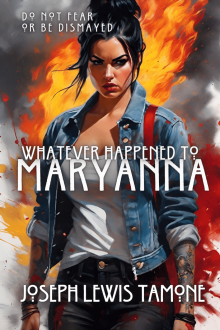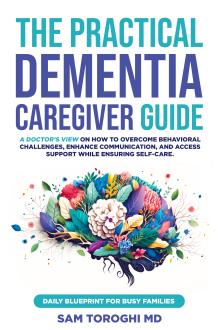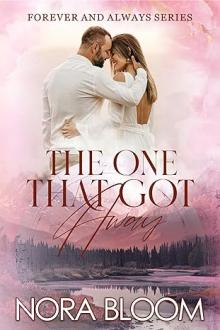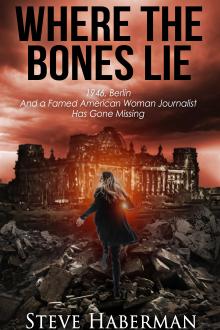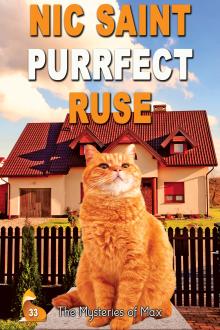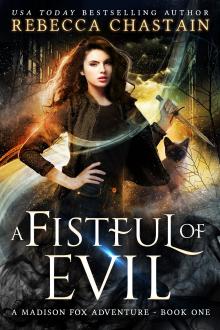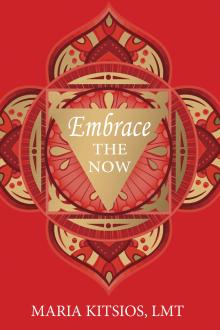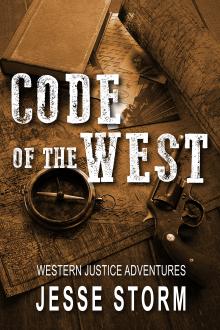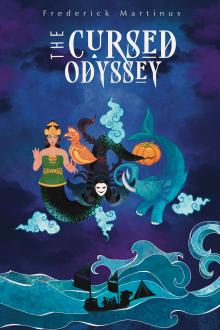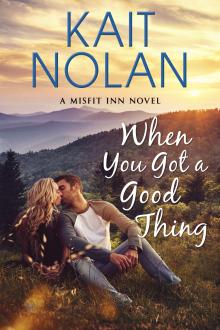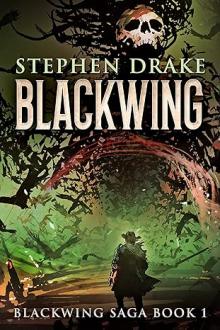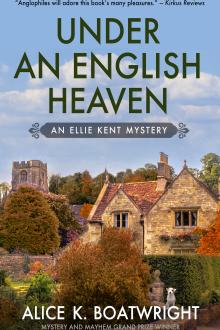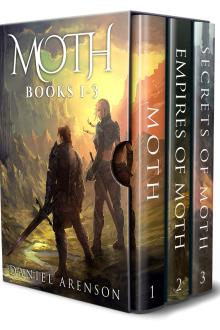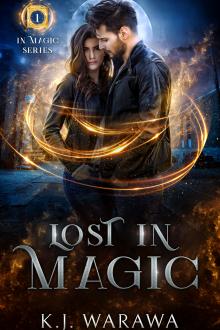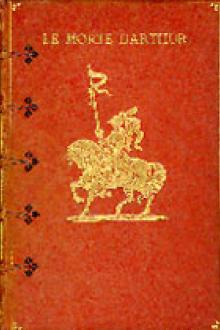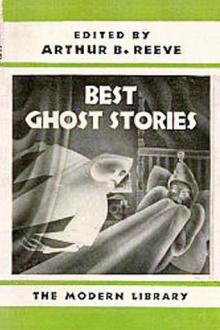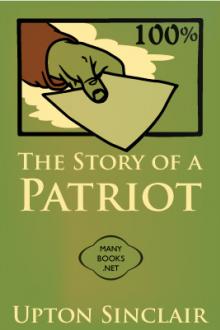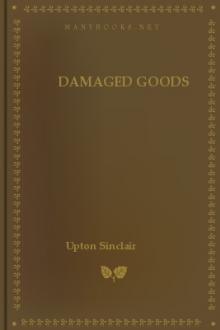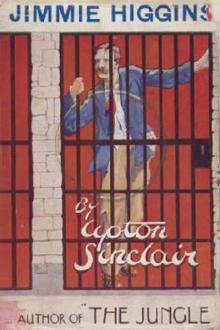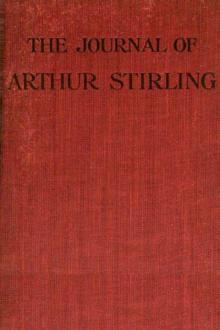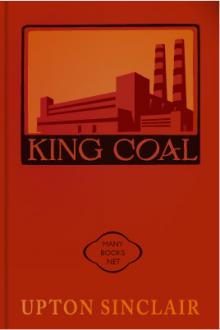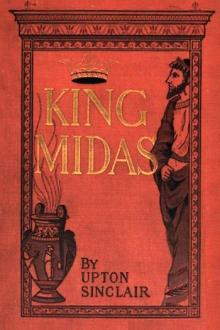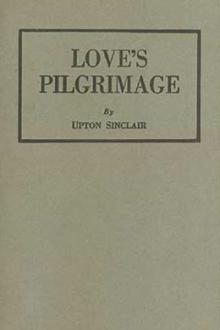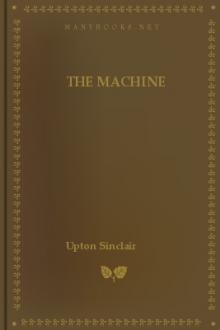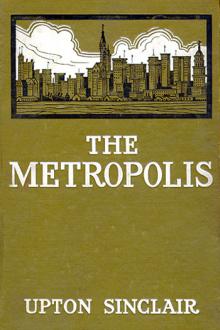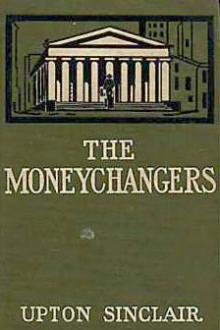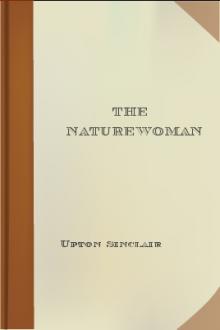The Jungle
The Jungle
A vivid portrayal of life in the Chicago stockyards, with revelations so shocking one cannot read them without being filled with horror.
Book Excerpt
now rolled up at the sleeves, disclosing her brawny arms; she has a carving fork in her hand, with which she pounds on the table to mark the time. As she roars her song, in a voice of which it is enough to say that it leaves no portion of the room vacant, the three musicians follow her, laboriously and note by note, but averaging one note behind; thus they toil through stanza after stanza of a lovesick swain's lamentation:--
"Sudiev' kvietkeli, tu brangiausis; Sudiev' ir laime, man biednam, Matau--paskyre teip Aukszcziausis, Jog vargt ant svieto reik vienam!"
When the song is over, it is time for the speech, and old Dede Antanas rises to his feet. Grandfather Anthony, Jurgis' father, is not more than sixty years of age, but you would think that he was eighty. He has been only six months in America, and the change has not done him good. In his manhood he worked in a cotton mill, but then a coughing fell upon him, and he had to leave; out in the country the trouble disappeared, but he has been wo
FREE EBOOKS AND DEALS
(view all)Popular books in Fiction and Literature
Readers reviews
4.3
LoginSign up
Upton Sinclair creates a portrait of something that none of us wants to admit existed, but, history must not allow us to forget that it did: it did exist, just as the suffering portrayed in "The Jungle" existed. The first time I read this book (by choice, it was recommended by my mother), when I was in college, I stopped eating meat for several months - something that made family dinners a bit interesting, but that was a small price to pay for how I felt about meat after reading Sinclair's portrayal of the meat-packing industry.
To this day I cannot help but feel a sense of revulsion at the thought of canned "meat", and of the byproducts used to make things like "bologna" and other "sausage" that is of questionable quality.
Should you read this book? Only if you care about the food you eat, and if you want to read one of the original "insiders" - a "whistleblower" ... and see what true "reality" is like - not the TV shows that fill the screens these days.
Sinclair based his work on real immigrant workers, which is why the book continues to resonate with readers of conscience. It is a work of enduring importance that should continue to warn us of the need for for stronger regulations in the area of food safety and inspection.
The recent outbreak of E. Coli in agricultural products in Europe is a perfect example of why we cannot relax our guard against food-borne illnesses. Read the book - and pretend you're reading a documentary. It's well worth the time.
To this day I cannot help but feel a sense of revulsion at the thought of canned "meat", and of the byproducts used to make things like "bologna" and other "sausage" that is of questionable quality.
Should you read this book? Only if you care about the food you eat, and if you want to read one of the original "insiders" - a "whistleblower" ... and see what true "reality" is like - not the TV shows that fill the screens these days.
Sinclair based his work on real immigrant workers, which is why the book continues to resonate with readers of conscience. It is a work of enduring importance that should continue to warn us of the need for for stronger regulations in the area of food safety and inspection.
The recent outbreak of E. Coli in agricultural products in Europe is a perfect example of why we cannot relax our guard against food-borne illnesses. Read the book - and pretend you're reading a documentary. It's well worth the time.
- Upvote (0)
- Downvote (0)
If they made you read this in High School and you hated it, read it again. It's a gripping story.
It's a very important book and it's lessons must never be forgotten.
It's a very important book and it's lessons must never be forgotten.
12/01/2010
it is crap
11/08/2010
Fascinatingly morbid and horrific, fascinating from a historical standpoint, and in all a great book. The ending leaves something to be desired (unless you look at it from the standpoint of the times), but it's very nice nonetheless.
10/11/2010
Great Read! Recommended by my mother who read it in high school. The living conditions portrayed in the Chicago stockyards are unbelievable. You will be filled with horror, and you will not be able to stop reading.
01/04/2010
Grisly and gripping, this muckraking account of the life of Chicago stockyard workers led to America's first comprehensive pure food laws -- much to its author's chagrin.
"I aimed at the public's heart, and by accident I hit it in the stomach," he famously said. Meatpacking remains a dangerous and ill-paid job. (And the decade has seen troubling erosion of government food inspections and standards. This novel shows just how bad things can get.)
Chicago's stockyards are long gone, but I doubt this novel will be featured in "One Book, One Chicago" soon.
"I aimed at the public's heart, and by accident I hit it in the stomach," he famously said. Meatpacking remains a dangerous and ill-paid job. (And the decade has seen troubling erosion of government food inspections and standards. This novel shows just how bad things can get.)
Chicago's stockyards are long gone, but I doubt this novel will be featured in "One Book, One Chicago" soon.
09/18/2009
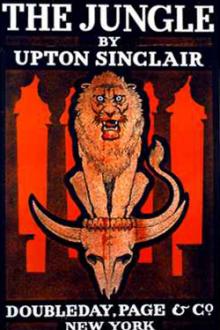
 Free Download
Free Download